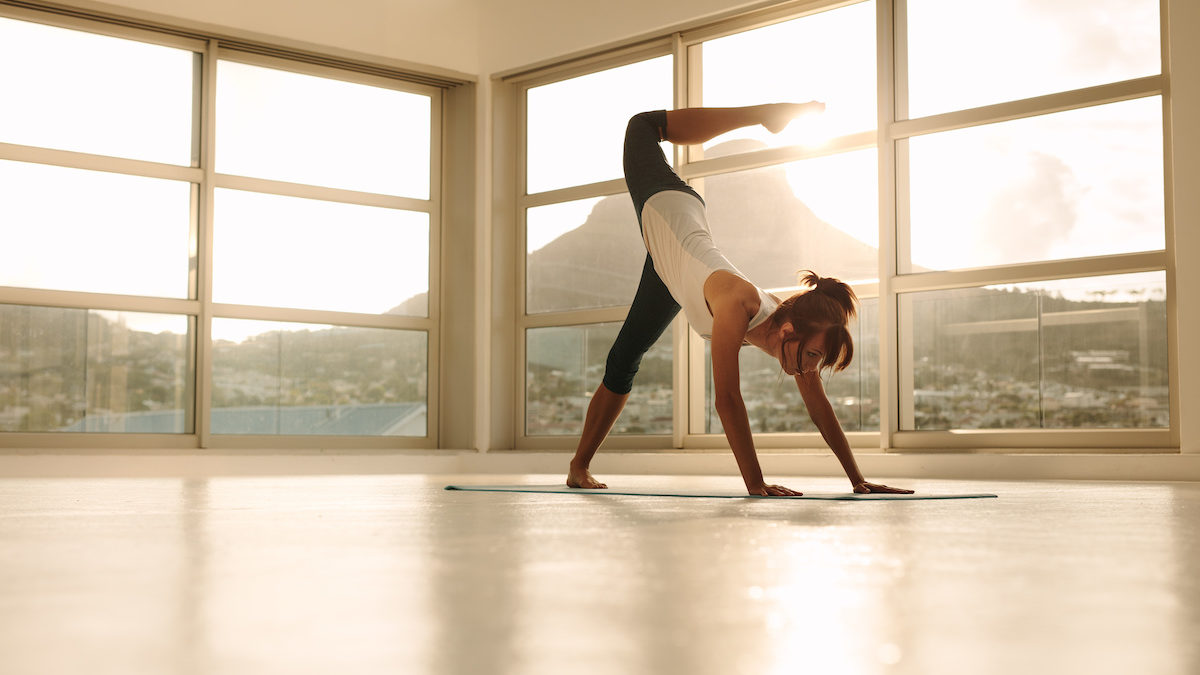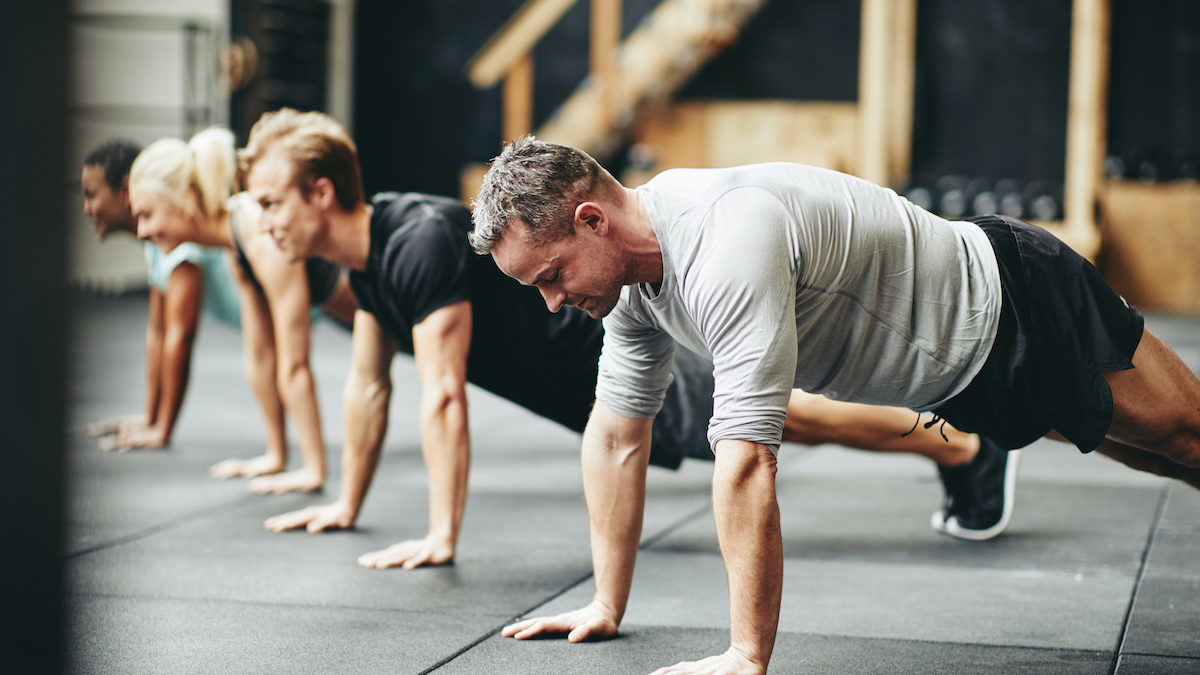Morning, Afternoon or Night: What Time of the Day Is the Best for Exercise?

Making time for exercise will always be more important than the timing of that exercise. There are no shortcuts. No magic elixir. Just good ol’ fashioned graft. If you’re a regular workout bunny anyway, you might be intrigued to find out what conclusions the science has come to around the best time to exercise though.
There’s one caveat before we start however.
Whichever time you choose to workout, your body will eventually adapt to working out at that time. This has its benefits if you’re training for a competition or race. Say your marathon start time is early morning, well, it’d be best to train early mornings too so your body is conditioned to that time. But again, the regularity of exercise is the most important facet of working out and training. If you don’t have time in the mornings because you’ve got to feed the dog, drop the kids off, or goodness knows what else life has to throw at you at that ungodly hour, then just leave it till later in the day when you do.
What Time of the Day Is Best for Exercise?
Exercise In The Morning
So, let’s assume your calendar is all free (that’ll be a first), what are the benefits then of training in the morning? Well, a 2019 study published in the Journal of Physiology found that exercising at 7 am may shift your body clock forward, meaning you’ll feel more alert in the morning and get tired earlier in the evening.
This plays in nicely with your natural circadian rhythm, setting you up for enough rest to wake up and do the same thing the next day. Recovery is vitally important in a regular workout routine and sleep plays a vital part in the process so anything that is going to help you rest better is a massive plus point.
Research also suggests that it’s easier to stick to healthy habits completed in the morning. A 2017 study found that our cortisol levels are highest in the morning. A natural energy booster, the prevalence of this hormone early in the day might offer a leg up for those looking to drag themselves to the gym in the wee hours. In fact, those participants in the study with the highest levels of cortisol had an easier time making new healthy habits stick through the timeframe.
So once you’ve picked the morning as your go-to time, the question then becomes to workout before or after breakfast?
Well, a study from Brigham Young University found that the participants who had gone for a brisk walk for 45 minutes first thing in the morning were less distracted by delicious-looking food photos compared to those who had failed to exercise. This could help prevent overeating throughout the day, while a study from Northumbria University showed that exercising on an empty stomach could also have a significant impact on your ability to burn fat during exercise. Before breakfast it is then.
Exercise In The Afternoon
Now obviously if you’re working out in the afternoon it’s harder to not eat beforehand. But the fact you’ll have had a couple of meals beforehand could be quite handy when it comes to your performance.
Your body needs glycogen or carbohydrate stored up which it can then use for energy. Your body’s storage of this glycogen gets used up as you go about your day, so topping the stores up before exercise is never a bad thing to do if your someone who feels they tire easily when working out.
Plus, The Journal of Physiology study found that exercising between 1 pm and 4 pm can shift forward your body clock in the same way as an early morning workout so there’s no real drop off in terms of your much-needed recovery, while a paper from 2018 found that your body naturally burns about 10 percent more calories in the late afternoon, than early morning and late night.

And if you weren’t already swayed towards some afternoon exercise, a 2010 study looking into how our body temperature increases throughout the day found that this could have a profound effect on athletic performance. The inference was that because our muscles have warmed up naturally by the afternoon this can then help optimize our muscle function and strength, enzyme activity, and general endurance for performance.
Exercise At Night
This improved athletic performance continues into the night, according to a 2013 study looking at the oxygen uptake and anaerobic capacity of 20 healthy men working out between 5 pm and 8 pm. It found that the participants could exercise 20 percent harder and longer in the evening than they could in the morning. In the evening your reaction time might also be quicker according to this 2004 study, which can help with high-intensity interval training, or individual and team sports.
There’s also the potential to blow off some steam after a tough day on the job by producing some sport-induced endorphins, one of our most natural mood boosters. And while the ‘working out before bed is bad for your sleep’ hypothesis has long been held as gospel, there is some research out there that suggests otherwise.
For example, a 2019 paper published in the journal Experimental Physiology found that exercising at night did not disrupt sleep, and over time could also reduce levels of the hunger-stimulating hormone ghrelin, thus aiding weight loss or management.

Our Conclusions
As with anything exercise or performance-related, it’s dependent on the individual. Practice makes perfect, so notice how your performance is affected during these different times. Invariably morning people will gravitate more towards exercising during that time of the day and that is all down to our built-in body clocks.
If you need to be switched on at the beginning of the day we would recommend a morning workout over an evening one. The mood-boosting hormones that come from that workout should also aid any sluggishness you may feel from going against your inner night owl.


















